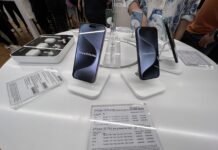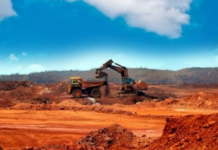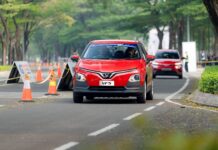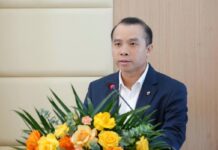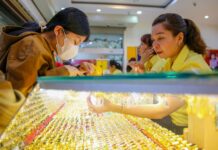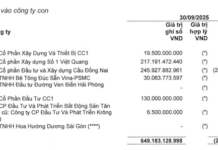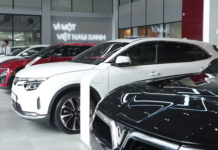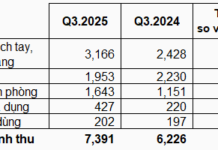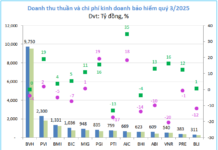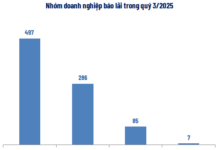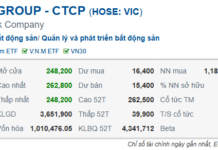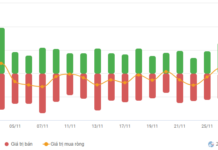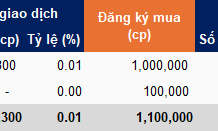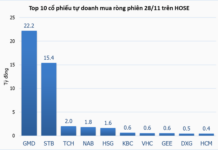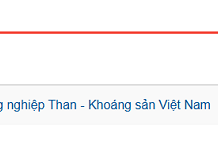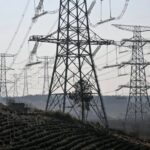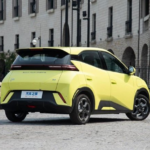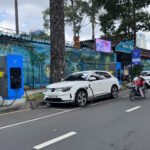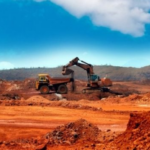According to SCMP, China’s leading electric vehicle manufacturer, BYD, officially inaugurated its new production complex in Camaçari, Bahia, Brazil, on October 9th. This marks the largest industrial investment in the country since the pandemic.
The $978 million facility, built on land formerly owned by Ford, solidifies BYD’s position as a major player in Latin America’s rapidly growing electric vehicle market.
The inauguration ceremony, held at 11:30 a.m., was attended by President Luiz Inácio Lula da Silva, Vice President Geraldo Alckmin, BYD Chairman Wang Chuanfu, and other high-ranking Brazilian officials.
The plant is expected to produce 150,000 electric and hybrid vehicles annually, with the potential to double its capacity to 300,000 vehicles in phase two, making it BYD’s largest industrial complex outside Asia.
Spanning 4.6 million square meters, the facility includes three main operations: manufacturing electric and plug-in hybrid vehicles, truck and bus chassis, and a battery material processing line for lithium and iron phosphate.
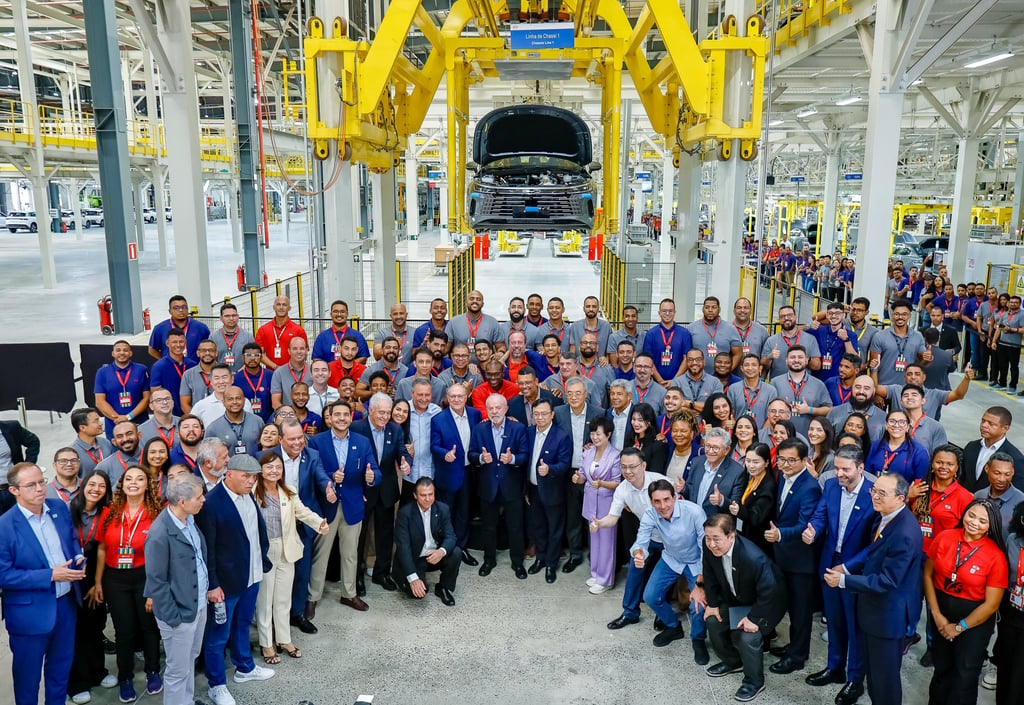
Initially, the plant will assemble vehicles in SKD (semi-knocked-down) form before transitioning to full domestic production, including stamping, welding, and painting, starting in 2026.
BYD has already hired 350 employees and plans to reach 2,000 within the next few weeks. Once fully operational, the complex is expected to create up to 20,000 direct and indirect jobs, according to government estimates.
“This is a significant boost for the economy, trade, employment, and income, while also reinforcing Brazil’s role in global technological development,” said Presidential Chief of Staff Rui Costa.
During the inauguration, BYD unveiled the world’s first flexible-fuel plug-in hybrid vehicle, jointly developed by Brazilian and Chinese engineers. This innovative vehicle can run on any blend of ethanol and gasoline.
Construction began in March 2024, with one of the 26 plant modules already operational. The project has obtained I-REC certification, ensuring 100% of its energy comes from renewable sources, aligning with Brazil’s goal of transitioning to a low-carbon economy.
The Bahia project strengthens BYD’s position as the world’s largest producer of electric and hybrid vehicles, expanding its presence in Brazil, where it has operated for over a decade with plants in Campinas (São Paulo) and Manaus (Amazonas).
BYD’s growth in Brazil has been remarkable. Since entering the passenger car market in 2022, the company has sold over 170,000 electric vehicles, including pure electric and plug-in hybrids, dominating the electric vehicle segment with 74.4% market share, according to industry data.
The company has also risen to the 7th position in the national automotive market, surpassing established brands like Honda and capturing over 5.5% of total passenger car sales.


